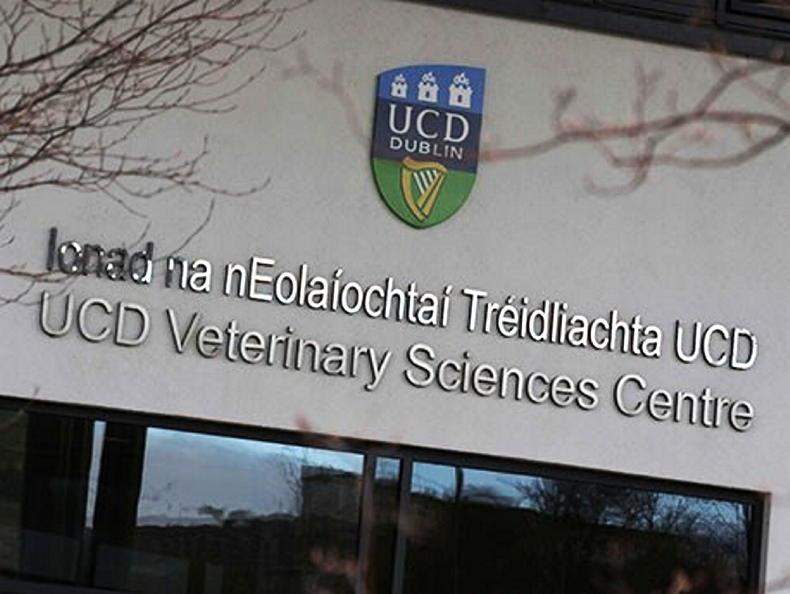The four-way battle to become the site of Ireland’s second veterinary college is hotting up.
Last week, Mayor of Kilkenny David Fitzgerald said that the South East Technical University (SETU) had been chosen. This claim was quickly rebuffed by Minister Charlie McConalogue. SETU is the amalgam of Carlow and Waterford Institutes of Technology with the addition of a new Wexford campus. Their bid champions the existing close links between Kildalton Agricultural College and SETU. Tirlán’s Jim Bergin, who sits on the governing board of SETU, is a strong advocate.
Of course, this decision will ultimately be made by higher and further education minister Minister Simon Harris.
There are claims that the University of Limerick (UL) has come out on top of the evaluation process conducted by the Higher Education Authority (HEA) at Harris’s request.
Among the advantages UL boasts are proximity to Pallaskenry Agricultural College, where the practical classes would take place, and being located in Munster, home to the highest concentration of cattle. There are murmurings of Coolmore links.
The Munster Technical University would argue it shares that advantage. The site would be Tralee, which unfortunately is in one corner of the country. The same disadvantage could apply to the Atlantic Technical University, as I understand it would be sited on the Letterkenny campus, as opposed to Galway, Castlebar or Sligo. It’s a long way from there to Mountbellew, the associated ag college.
There are also hopes that UCD will expand beyond its current 83 places.
Currently, the small number of places sees points for veterinary permanently up or near the maximum obtainable 625 in the CAO system.
Only about a quarter of the 302 vets who registered here last year came through the Irish university system.
About as many are Irish students who studied abroad, whether in Poland, Slovakia, Hungary or the UK. That leaves almost half the vets who first registered here last year coming from elsewhere, of which few are reported to be interested in large animal practice.
A working group of vets has been pushing for reform in Irish veterinary education. It believe that a course rooted in the heartland of livestock farming is needed to produce vets willing to work in large animal practices.
It wants the HEA report published to ensure transparency in the outcome. They also want the decision taken as soon as possible, as the need for new vets is urgent. Even if students were taken into a new veterinary degree course in September 2024, it would be 2029 before they would graduate.
Meanwhile, vets in large animal practices are growing scarcer and older. It’s a case of faster for the further and higher education minister, it almost sounds like an Olympic motto.






 This is a subscriber-only article
This is a subscriber-only article










SHARING OPTIONS: